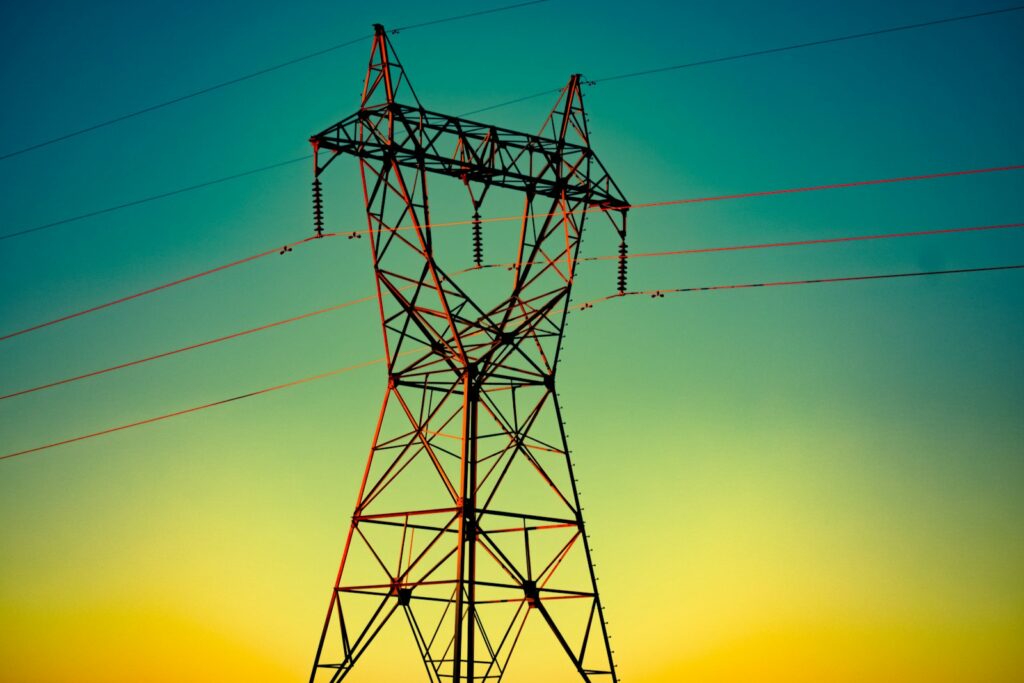The transition to electric vehicles (EVs) is growing in pace, as they are now the second most popular type of vehicle in the UK, as more people and businesses make the switch.
They are second only to petrol cars after overtaking diesel vehicles for the first time, taking up 32.9% of the market share last month.
Overall, the EV market grew by 40.1% compared to the year before, while diesel cars saw a 38.9% drop in sales, according to the Society of Motor Manufacturers and Traders (SMMT).
Not only this, but the organisation also reported that the average new car CO2 emissions has fallen to 11.4g/km, the lowest it’s ever been.
However, the growth of EVs isn’t necessarily down to private owners, but rather businesses and fleets which accounted for two thirds of all EV registrations.
According to the SMMT, private buyers still need encouragement to make the switch to electric, as a lack of charging infrastructure is putting them off.
The government currently aims to have 300,000 public chargers in place by 2030, but as of October just 34,637 have been installed.
The SMMT says that meeting this target would require 100 new chargers to be installed every day. The current rate is around 23 per day.
This is on the lower end of what could be required, as the EV Infrastructure Strategy found the UK could require up to 720,000 chargepoints.
Chancellor Jeremy Hunt’s recent decision to introduce a vehicle tax to EVs could also put off prospective buyers and rising energy bills also remains barrier to their adoption.
The SMMT suggests accelerated investment in EV infrastructure could give consumers confidence in going electric and to support the growth of the industry.
In other news, the total sales of new cars saw a dip in 2022, falling –2% and missing out 1.61 million registrations.
Mike Hawes, SMMT Chief Executive, said: ‘The automotive market remains adrift of its pre-pandemic performance but could well buck wider economic trends by delivering significant growth in 2023.
‘To secure that growth – which is increasingly zero emission growth – government must help all drivers go electric and compel others to invest more rapidly in nationwide charging infrastructure.
‘Manufacturers’ innovation and commitment have helped EVs become the second most popular car type. However, for a nation aiming for electric mobility leadership, that must be matched with policies and investment that remove consumer uncertainty over switching, not least over where drivers can charge their vehicles.’
Photo by CHUTTERSNAP
















